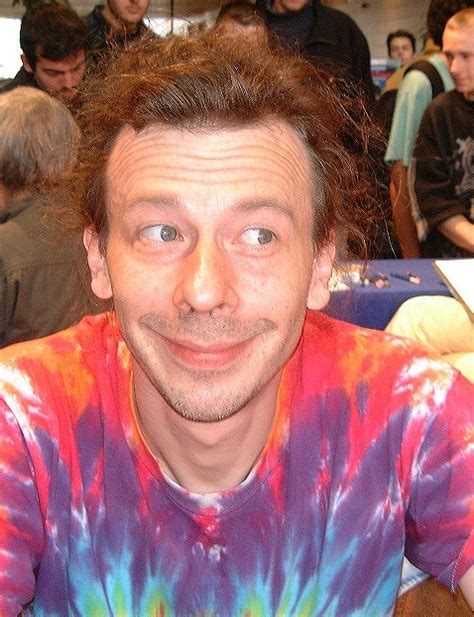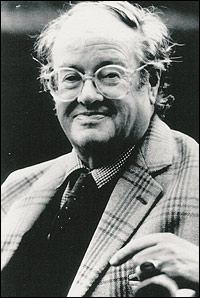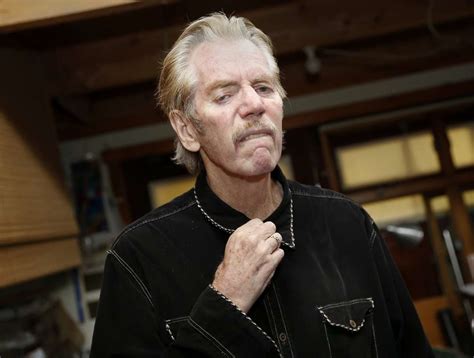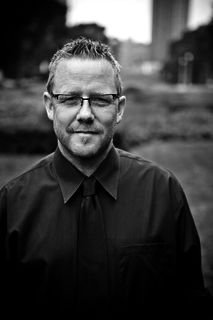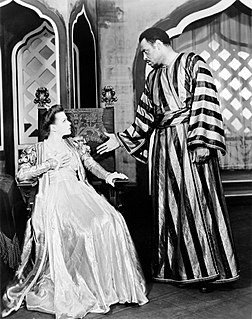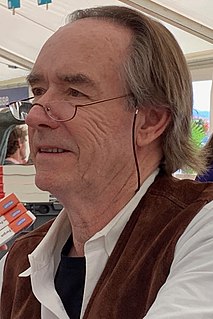A Quote by Mordecai Richler
I don't hold with shamans, witch doctors, or psychiatrists. Shakespeare, Tolstoy, or even Dickens, understood more about the human condition than ever occurred to any of you. You overrated bunch of charlatans deal with the grammar of human problems, and the writers I've mentioned with the essence.
Related Quotes
People do tend to fear and despise shamans but turn to them in times of desperation. Such a contradiction is a human characteristic, no? I'm more pulled to the human drama of shamans - their experience in society and identity struggles - than their transcendental power. Their drastic lives enable them to empathize with others and provide solace.
The human condition comprehends more than the condition under which life has been given to man. Men are conditioned beings because everything they come in contact with turns immediately into a condition of their existence. The world in which the vita activa spends itself consists of things produced by human activities; but the things that owe their existence exclusively to men nevertheless constantly condition their human makers.
Unless the distant goals of meaning, greatness, and destiny are addressed, we can't make an intelligent decision about what to do tomorrow morning -- much less set strategy for a company or for a human life. Nothing is more practical than for people to deepen themselves. The more you understand the human condition, the more effective you are as a businessperson. Human depth makes business sense.
Innovators and creators are persons who can to a higher degree than average accept the condition of aloneness. They are more willing to follow their own vision, even when it takes them far from the mainland of the human community. Unexplored places do not frighten them- or not, at any rate, as much as they frighten those around them. This is one of the secrets of their power. That which we call genius has a great deal to do with courage and daring, a great deal to do with nerve.
I have never said that human society ought to be aristocratic, but a great deal more than that. What I have said, and still believe with ever-increasing conviction, is that human society is always, whether it will or no, aristocratic by its very essence, to the extreme that it is a society in the measure that it is aristocratic, and ceases to be such when it ceases to be aristocratic. Of course I am speaking now of society and not of the State.
Theoretically, the actor ought to be more sound in mind and body than other people, since he learns to understand the psychological problems of human beings when putting his own passions, his loves, fears, and rages to work in the service of the characters he plays. He will learn to face himself, to hide nothing from himself- and to do so takes AN INSATIABLE CURIOSITY ABOUT THE HUMAN CONDITION
I am not attracted to writers by style. What style do Dickens, Grass, and Vonnegut have in common? How silly! I am attracted to what makes them angry, what makes them passionate, what outrages them, what they applaud and find sympathetic in human beings and what they detest about human beings, too. They are writers of great emotional range.



